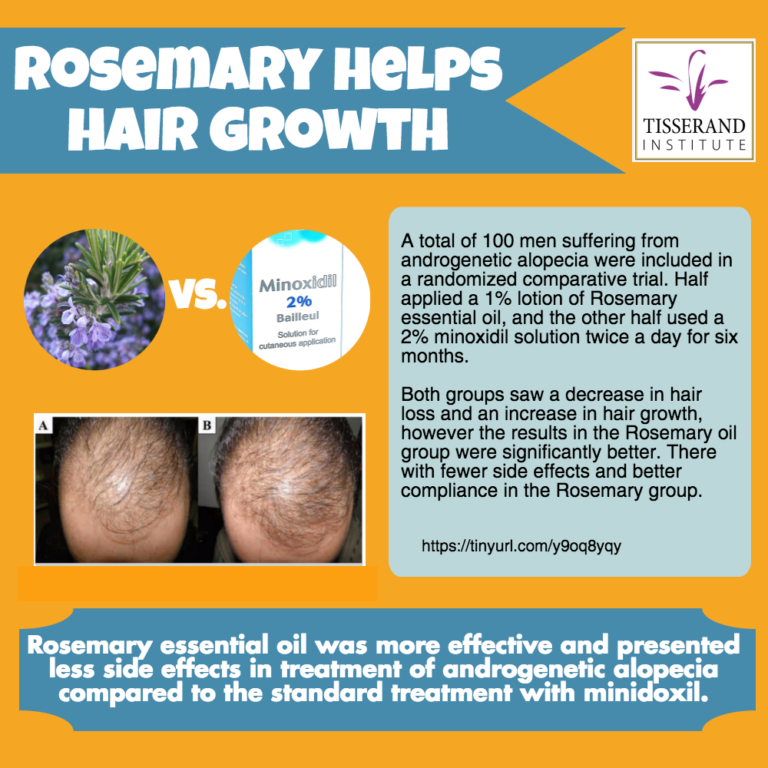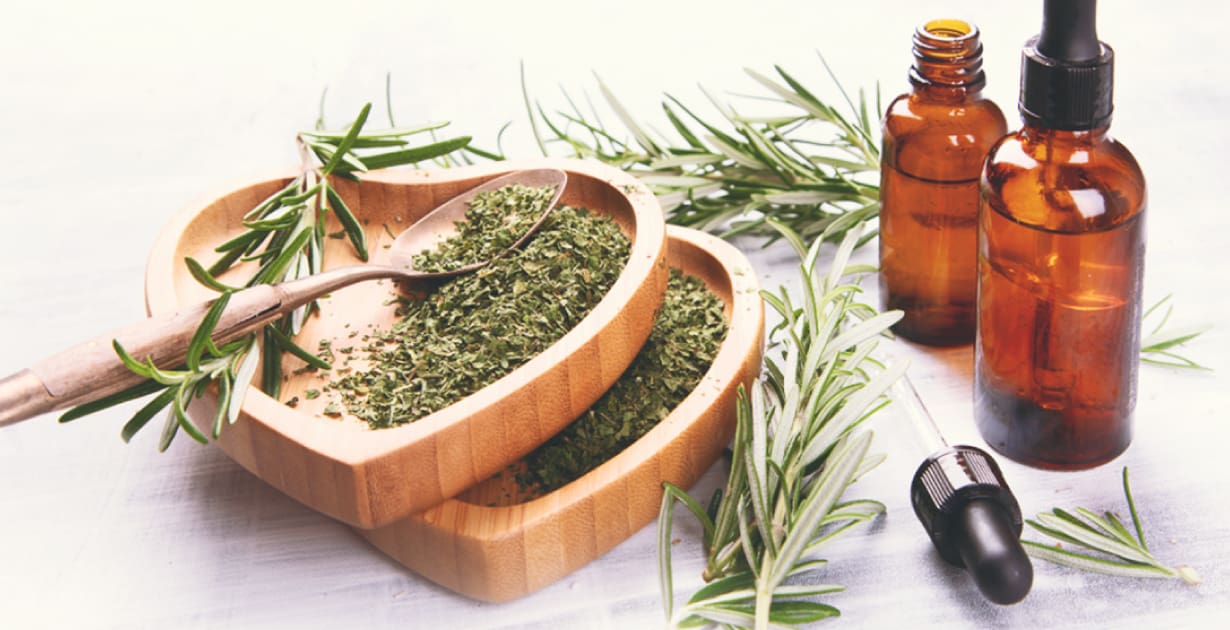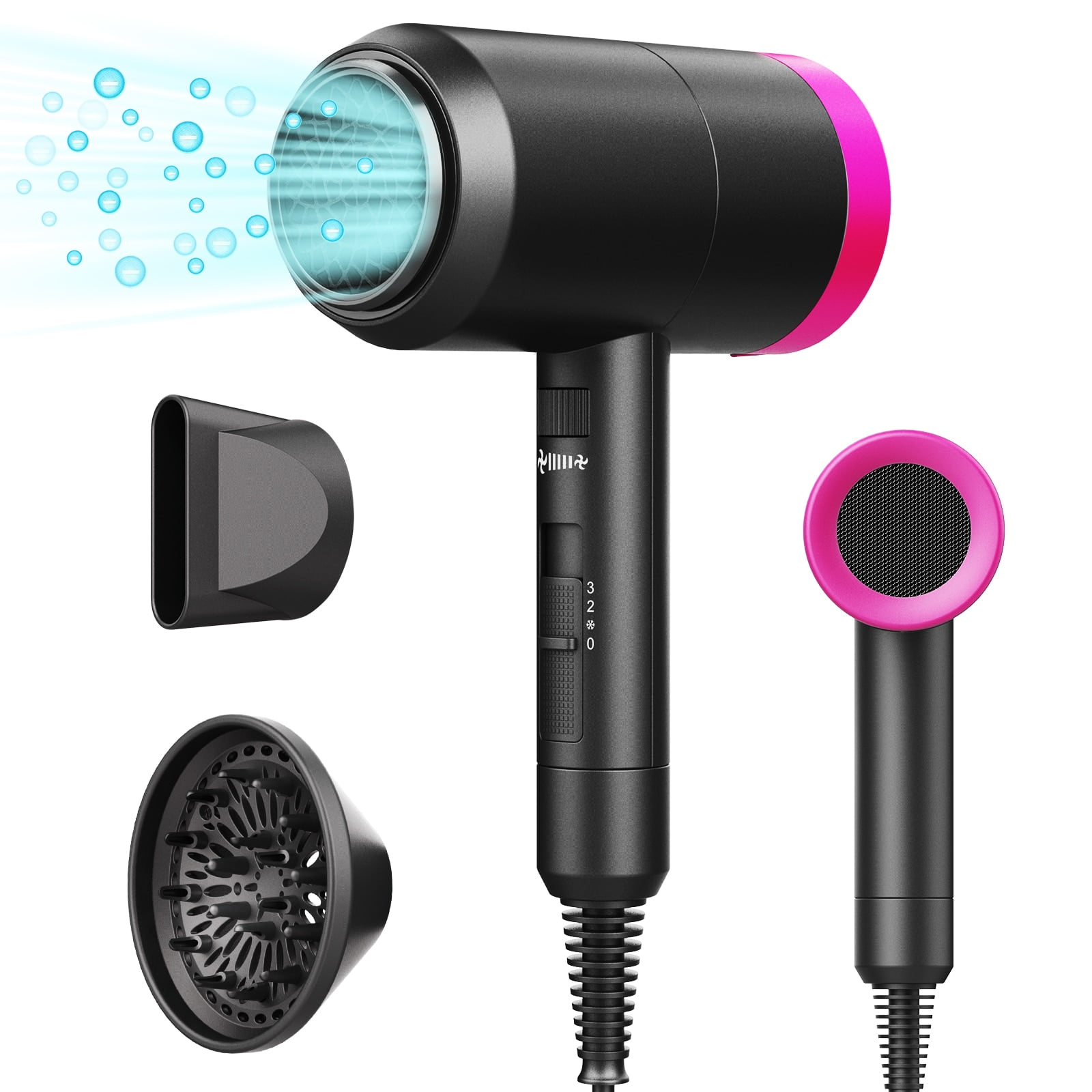Table Of Content

Researchers believe rosemary oil works by stimulating hair growth and blocking the effects of a type of testosterone, which shrinks hair follicles and leads to hair loss. Two separate clinical reviews — one from 2010 and one from 2011 — also acknowledge rosemary’s hair growth potential. The former cites a study with successful hair regrowth in people with alopecia who used essential oils.
Rosemary Oil for Hair Growth: DIY Recipe & Benefits
Does castor oil for hair growth really work? We asked dermatologists to find out - CNN Underscored
Does castor oil for hair growth really work? We asked dermatologists to find out.
Posted: Thu, 25 Jan 2024 08:00:00 GMT [source]
However, ipreliminary evidence suggests that rosemary oil may help reduce tissue inflammation that can lead to swelling, pain and stiffness. When 20 healthy young adults inhaled rosemary oil, they reported feeling about 30% more mentally refreshed and about 25% less drowsy compared to smelling a placebo oil (1). Additionally, those who used the rosemary oil reported less scalp itching compared to minoxidil, which suggests that rosemary may be more tolerable (10). Rosemary oil can weigh your hair down and make hair appear oily if not properly washed out, so make sure you give your hair a good rinse after applying your rosemary oil treatment. According to Dr. Kobets, rosemary oil may help in androgenetic alopecia by blocking damaging hormones in the scalp. Other benefits of rosemary oil, she says, include reducing hair damage and breakage.
Best Overall: Nutrafol Hair Serum
Fresh and dried rosemary is used in cooking as a flavoring agent and the plant is also used to make products such as rosemary extract, rosemary powder, and rosemary oil. Rosemary is a potent source of plant compounds that offer a variety of health benefits. Fresh and dried rosemary is commonly used in the culinary world, but the plant, including its extracts and oils, have therapeutic uses, too. Put a towel over your heard and inhale the rosemary aromatic vapors for 10 minutes to help soothe coughing and respiratory irritation. Compounds in rosemary essential oil are powerful enough to kill off many strains of bacteria.
How to use rosemary essential oil to reduce stress
The mix might take a lot of time to show results and therefore demands a lot of patience and diligence. Because rosemary essential oil is highly concentrated, you cannot use it directly on your hair or scalp. It has strong anti-inflammatory, antimicrobial, and antioxidant properties that help in healing the scalp, and keeping it clean and healthy, thus promoting hair growth. In addition to using rosemary oil as an aromatherapy and topical treatment, you can also reap the health benefits of this fragrant herb by using fresh or dried rosemary in recipes like soups, pastas, egg dishes, and salads.
In this concentrated form, rosemary oil is said to have anti-inflammatory, circulation-improving, and hormone-balancing properties—all of which can contribute to hair growth. TikTok and Instagram have certainly hyped up its greatness (particularly since there’s little evidence to support the efficacy of hair growth vitamins), but what’s actually the truth and what’s fiction? Well, we turned to the experts for the facts on using rosemary oil for hair and learned there’s so much more to this essential oil other than great taste. Keep reading to find out, plus shop some of the best rosemary oil hair products—including top hair growth shampoos and scalp treatments approved by experts.

You will want to pick a shampoo with a higher rosemary oil concentration. If you're new to using hair oils, rosemary oil is a pretty good place to start. As you may have seen on your TikTok FYP, it has many benefits for treating the scalp and hair, and this is one social media craze that actually has research to support its claims, says Ramya Garlapati, MD. Results showed that rosemary essential oil was just as effective as minoxidil. During the process, it helped the side effect of itchy scalp more successfully than minoxidil. Some trials on mice have found promising results related to peppermint oil and hair growth promotion, but more research is needed to determine if these effects apply to humans.
One such benefit is its use in promoting hair growth and preventing hair loss. Here are a few ways to try using rosemary essential oil as a hair restorative and thickener. Use them more often when desired or you’ve become comfortable using them. Another study of rosemary leaf extract (different from the essential oil) showed it stimulated hair growth. This occurred when hair loss was triggered by testosterone (as in pattern baldness). In recent years, there have been claims that the oil may be great for hair growth.
The research in this area has been limited, and more studies are needed to determine rosemary oil's effects on hair color. The experimental animals were treated with a hair-removal cream, and the oleogels were applied over six weeks. Some rats were given the oleogels separately, some were given the oleogels in combination, and others were given minoxidil 2%, the main ingredient in popular hair growth products such as Rogaine. Rosemary essential oil is a potent oil extracted from rosemary leaves and flowery tops. Rosemary essential oil is a simple remedy that you can use at home, and it may even be competitive with commercial products. What’s more, it’s quite safe when used correctly and yields very few side effects.

Upon observing that both essential oils enhance free radical-scavenging activity, researchers also discovered that both greatly reduced cortisol levels, which protects the body from chronic disease due to oxidative stress. To experience how rosemary oil for hair growth, try using my homemade DIY Rosemary Mint Shampoo recipe. Always dilute rosemary oil with a carrier oil, and do a spot test on your skin to make sure you don’t develop any skin reactions. One of the promising uses of rosemary essential oil and its extracts is in treating various types of cancer. Did you know that there are many other essential oils that help combat wrinkles? Use these essential oils such as rosemary to give your skin a more youthful appearance.
And if you don't feel like using a bottle of essential oil from your local health food store, you can pick up one of these hair products that contain rosemary oil too. “Cedarwood oil is generally recognized as safe by the Environmental Protection Agency or the EPA,” says Friese. “But if you’re allergic to cedarwood or cedarwood oil in any capacity, you should not use it.” If allergies are not an issue, Friese says that all hair types can potentially benefit from cedarwood oil.
However, research investigating the therapeutic uses of rosemary oil is limited. For this reason, it’s important to test rosemary oil products, such as rosemary oil scalp treatments and rosemary-based massage oils, on a small patch of skin before applying them to larger areas. If you’d like to use rosemary oil for hair growth, consider purchasing a pre-made product made with rosemary oil or purchasing rosemary oil to blend with a carrier oil to create a scalp treatment. Rosemary oil has been shown to stimulate hair growth in certain populations, including in people with androgenic alopecia, a type of hair loss also known as male pattern baldness in men and female pattern baldness in women. In general, you should use 4-5 drops of rosemary essential oil for every tablespoon of carrier oil, or drops for each 1 oz (30 ml) of carrier oil.
Some people claim that rosemary will get rid of spiders from your home. Dried and fresh rosemary are used in culinary products and to make a refreshing rosemary tea. Rosemary oil may help in dilating your blood vessels, thereby causing increased blood to circulate to your fingers and toes (24). This rosemary hair mask won over our editors, and will do the same for you. While it can be used for all hair types, those with curly or coarse hair will find themselves impressed with the life it can bring to your tresses. We may earn commission from links on this page, but we only recommend products we love.
Rosemary Water and Hair Benefits: What's Possible? - Verywell Health
Rosemary Water and Hair Benefits: What's Possible?.
Posted: Thu, 21 Dec 2023 08:00:00 GMT [source]
The thing that bugs me the most about a lot of hair oils on the market is that they are often too heavy and hard to wash out. It's incredibly lightweight (even for my fine hair ppl), but is still jam-packed with Ayurvedic staples like ashwagandha and dashmool to help soothe my irritated scalp. Also, consider avoiding formulations that contain additives that might irritating to the scalp and inadvertently cause dryness or itchiness, such as harsh chemicals, dyes, and fragrances. Instead, seek out those that have been dermatologist-tested, says Dr. Shaver. In addition to being a rich antioxidant, rosemary is also known for its anti-cancer and anti-inflammatory properties. When shopping for rosemary oil, keep in mind that there are a number of rosemary-based products to choose from.
Dr. Spann suggests heating the oil for a few seconds for maximum penetration. “The oil should be delicately applied to dry hair and scalp using gentle, circular motions,” she says. You can also use a silicone scalp massager to really get in there if you're averse to digging your fingers into your scalp (and it helps me prevent from scratching with my long, gel-X nails). Then, gently massage into the scalp for 10 to 15 minutes in circular motions before smoothing through the lengths of your hair. There are no specific number of days you should be oiling your hair, says Dr. Spann, but for most people, once a week is sufficient.
But finding the right formula isn't a matter of simply choosing a product off the shelf and hoping that it works. However, do not apply it directly to the scalp as it is highly concentrated and can cause harm to the skin. Having an antioxidant ORAC value of 11,070, rosemary has the same incredible free radical-fighting power as goji berries. This wooded evergreen native to the Mediterranean has been used in traditional medicine for thousands of years to improve memory, soothe digestive problems, boost the immune system, and relieve aches and pains.
Rosemary oil is concentrated, so only a few drops are needed to create a powerful aromatherapy or topical treatment. You can also simply inhale rosemary essential oil straight from the bottle. Topical treatment with rosemary oil may also help improve musculoskeletal pain. Other studies have shown that rosemary oil aromatherapy may help ease symptoms of anxiety and depression in some people. When inhaled, rosemary oil may offer anti-stress, anti-anxiety, and mood-boosting effects, which may positively impact your mental well-being and benefit those with mood disorders.












